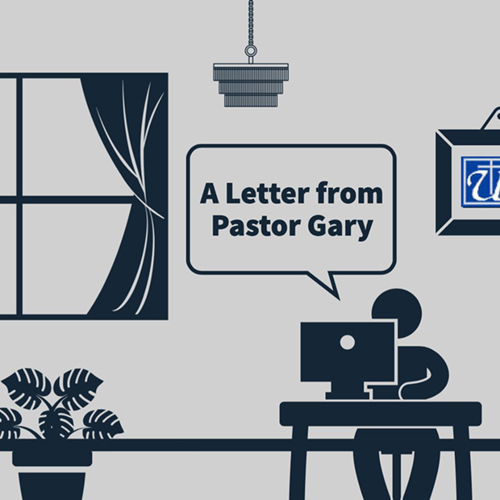
It was tenth grade. Michael Lukac was a new teacher in our high school. Sophomore year was the year American history was studied for those traveling the path toward college. Mr. Lukac was also my baseball coach. What a combination for me: historian and baseball guy! God is good!
Like all other students I also had American history in fourth grade. Between fourth and sophomore year such history came in bits…Black history month, Washington and Lincoln’s birthday, etc. Other history courses were world history, Pennsylvania history, and early world history including classes on anthropological discoveries and theories….just ask me about Louis B. Leakey and Olduvai Gorge!
Mr. Lukac began his first class by saying we were going to learn history in a new way. We were going to study people and events as they were, not as we hoped them to be. He quoted a few things from Ben Franklin’s Autobiography (required reading for those planning on college) where, let’s just say, Dr. Franklin was not quite consistent with his New England Puritan roots while in Europe. Scandalous!
But Mr. Lukac would not let us linger there. He shared with us some of Franklin’s harsh comments regarding the Germans in Pennsylvania and the good points of Franklin’s participation in the writing of the Declaration of Independence and the Constitutional Convention. We learned about Poor Richard’s Almanac, the Franklin Stove, and, of course, the experiment with electricity and lightening.
What we learned was the man on the hundred dollar bill was a complex person. He did both great and not so great things, but his contributions to the founding of our country are that for which he is rightly most remembered. Many find such complete pictures scandalous. We should only be taught the good things and ignore or feign ignorance about the others. I would argue to do so is to deny our history, and to deny our heritage is a human history and heritage. Rather than inspire us to do better, it can have the opposite effect of allowing us to give up as we cannot aspire to such greatness.
What about family? Do we cover up the faults of family members past and present? Or do we call them for who they are or were in all their completeness? For heroes of family or history, I do not think such complete pictures bring these people down. Moreso, I think they can work to bring up ordinary people as we become more acutely aware that we share a common humanity.
Likewise, can we not talk about the evils of slavery while simultaneously holding up our ideas of freedom, equality, and justice for all? Too often we look at our American ideals as something we have accomplished. Instead they are ideals to which we aspire and remain works in progress. It seems to me our founders did not think they had constructed a system or nation that had it all right (constitutional amendments were anticipated) but rather a democracy that could fix wrongs and continue to move forward. To know where we need to go, requires knowing fully who we have been and who we are. Fully.
Followers of Jesus need not be threatened by the fact we and all our heroes and heroines are human. If such figures are to inspire and help us be better human creatures, we must be linked to them in our humanity. Jesus did not come to create or rescue heroes and heroines. Jesus came to save us from denying our humanity so we could better live it out. Grace is not for mistakes or errors. Grace is for things done and left undone. …things that wound our humanity, wound the humanity of others, and matter deeply.
Years ago a member of my congregation came to me asking if I would do her son’s funeral. He was shot by his wife in front of his children as he was attacking her. Over the years he had been arrested for abuse and for being a drug dealer. “Will you do his funeral?” she asked. “Only if I don’t have to whitewash him” was my response. She didn’t want me to paint a picture of him as anyone other than who he was. The mother had hoped that perhaps those in attendance might learn something from his troubled life.
In my funeral sermon I was clear about who this young man had been. Then I said to both parents, “Thirty-five years ago you both brought your son to this very baptismal font. You knew then to whom your son really belonged. Once more, today, you are called to do the same thing again; put him in God’s hands and entrust him to God.”
Both parents experienced these as words of grace that helped lighten their heavy burden. I don’t think this could have happened if we had pretended him to be otherwise. I am convinced God’s grace comes through most strongly when we confront our human realities. Thank you, Mr. Lukac for teaching us about our heroes in their complete humanity. Thank you, Jesus for embracing our humanity. Thank you, Jesus for enabling us to live as the humans God created us to be.
